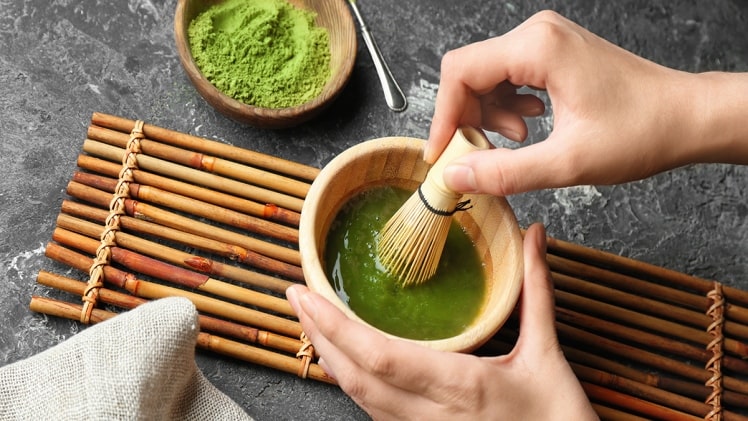As recommended by WHO, free or added sugars should be less than ten per cent of total energy intake. It is about 51g for an average adult consuming 8700 kilojoules per day. However, it may be challenging to stick to such recommendations, and one tends to consume free sugars in large quantities.
The sugar intake is mostly done by consuming energy-dense drinks or soft drinks. However, by transitioning to a sugar-free drink, you can prevent causing harm to your health and limit the level of sugar intake in your body. Also, you have a wide range of products to choose from, like kombucha, kefir, iced tea, apple cider vinegar soda, probiotic soda, etc.
Read the section below to learn more about healthy soft drinks and the factors you need to consider before buying.
Probiotic content
Probiotics are good bacteria that help keep the body healthy when consumed in appropriate amounts. Fermented foods like kefir, kombucha, and yoghurt are some of the familiar sources of probiotics. You can have kombucha and kefir if you want a better and healthier alternative to a classic soft drink. When you consume such drinks with probiotics, you are supporting the microbiome by adding beneficial microbes to it. Moreover, the fermentation gives the drink a fizz making it as delicious as any soft drink available on the market.
Stay away from artificial sweeteners.
Most supermarket soft drinks are loaded with sugar that can considerably affect blood sugar levels. You can also find soft drinks with zero sugar, but even those contain artificial sweeteners that could be equally harmful to health. Moreover, the drinks also contain artificial colours, flavours, and preservatives. So, be mindful of the supermarket soft drink you buy.
Check for natural sweeteners.
Sugar-free drinks utilise small amounts of natural flavours and sweeteners instead of artificial sweeteners and flavours. It makes such drinks low in sugar and good for blood sugar levels within the body. Moreover, you should also know that these drinks do not contain highly refined ingredients and preservatives. You can check for natural sweeteners like stevia and Erythritol. Following are some important facts about these two types of sweeteners:
Stevia: Stevia is derived from a shrub, and it is 30 times sweeter than sugar. It is produced in large quantities in manufacturing plants, where the plant extract gets converted into the final product through bioconversion. However, the benefit of stevia is that it doesn’t contain kilojoules. As stevia cannot be digested, it does not enter the bloodstream, and hence, it has significantly fewer side effects when used as a sweetener.
Erythritol: Erythritol is a form of sugar alcohol consisting of 70 per cent of the sweetness of sugar. It is used as a food additive to enhance texture and taste. When Erythritol is commercially produced, it has a clean sweet taste and a crystalline texture. Its low kilojoule value and ability to digest easily make it different from other polyols. Moreover, since it gets absorbed quickly by the small intestine and eliminated through urine, it is less likely to have any long-term consequences on your health.
Know the natural blend
Stevia extract is usually combined with bulking sweeteners like Erythritol to create a natural sweetness in a drink. The blend is usually 98 per cent erythritol and 2 per cent stevia. Erythritol provides bulk to the product, while stevia balances its flavour profile.
If you want to shift towards a healthier consumption pattern, you should take note of the above-discussed factors before purchasing your drink from a supermarket.

